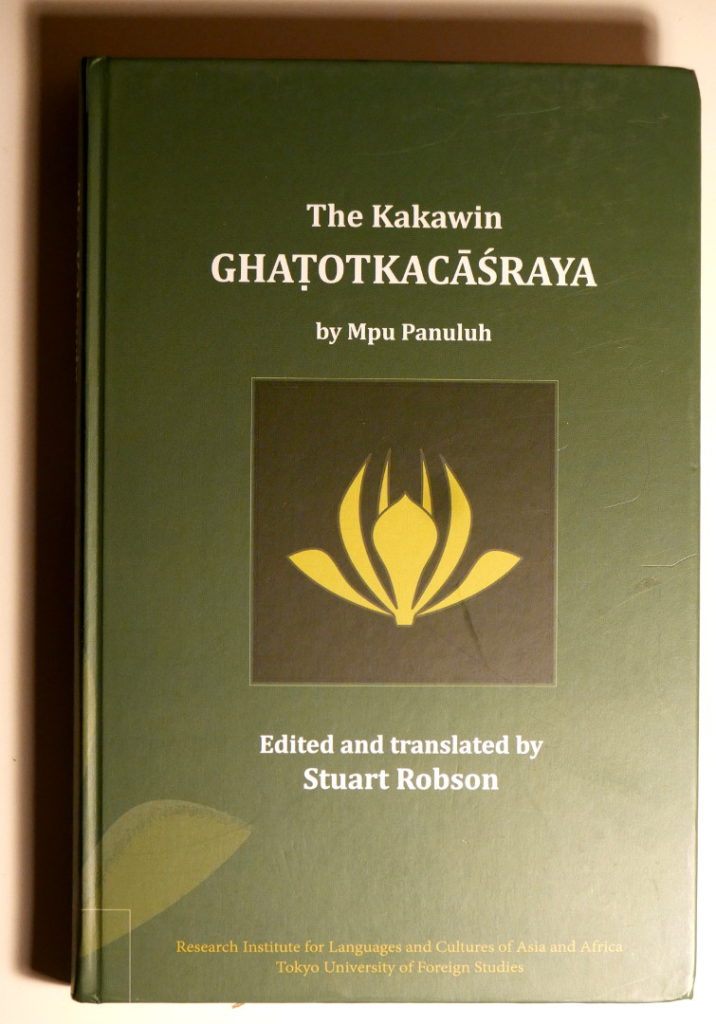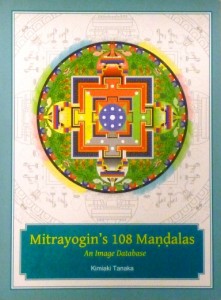Ulrich Timme Kragh (ed.) The Foundation for Yoga Practitioners: The Buddhist Yogācārabhūmi Treatise and Its Adaptation in India, East Asia, and Tibet. Harvard Oriental Series 75. “Available 07/22/2013”. ISBN 9780674725430.
From the Summary
“The present edited volume, conceived by Geumgang University in South Korea, brings together the scholarship of thirty-four leading Buddhist specialists on the Yogācārabhūmi from across the globe. The essays elaborate the background and environment in which the Yogācārabhūmi was composed and redacted, provide a detailed summary of the work, raise fundamental and critical issues about the text, and reveal its reception history in India, China, and Tibet. The volume also provides a thorough survey of contemporary Western and Asian scholarship on the Yogācārabhūmi in particular and the Yogācāra tradition more broadly.”
(Contains, among others [updated, 2013-05-01]:
H. Sakuma 佐久間秀範, ‘Remarks on the Lineage of Indian Masters of the Yogācāra School: Maitreya, Asaṅga, and Vasubandhu’, pp.330–366.
M. Delhey, ‘The Yogācārabhūmi Corpus: Sources, Editions, Translations, and Reference Works’, pp.498–561.)




 Tachikawa, Musashi. Essays in Buddhist Theology. Delhi: Motilal Banarsidass, November 2012. ISBN-13: 978-8120835405. INR 500. [
Tachikawa, Musashi. Essays in Buddhist Theology. Delhi: Motilal Banarsidass, November 2012. ISBN-13: 978-8120835405. INR 500. [